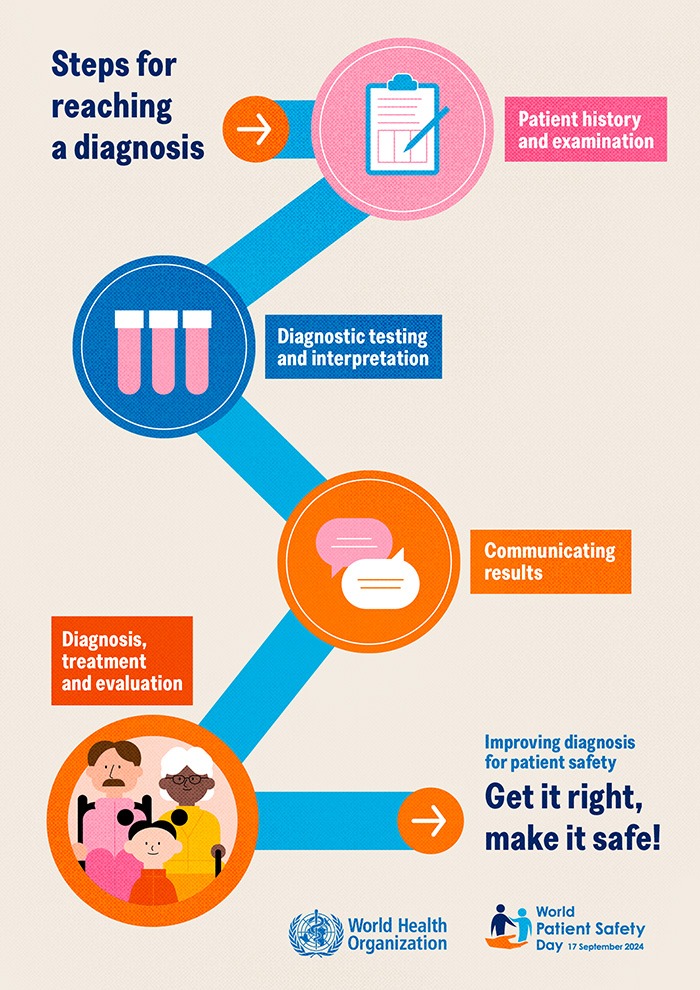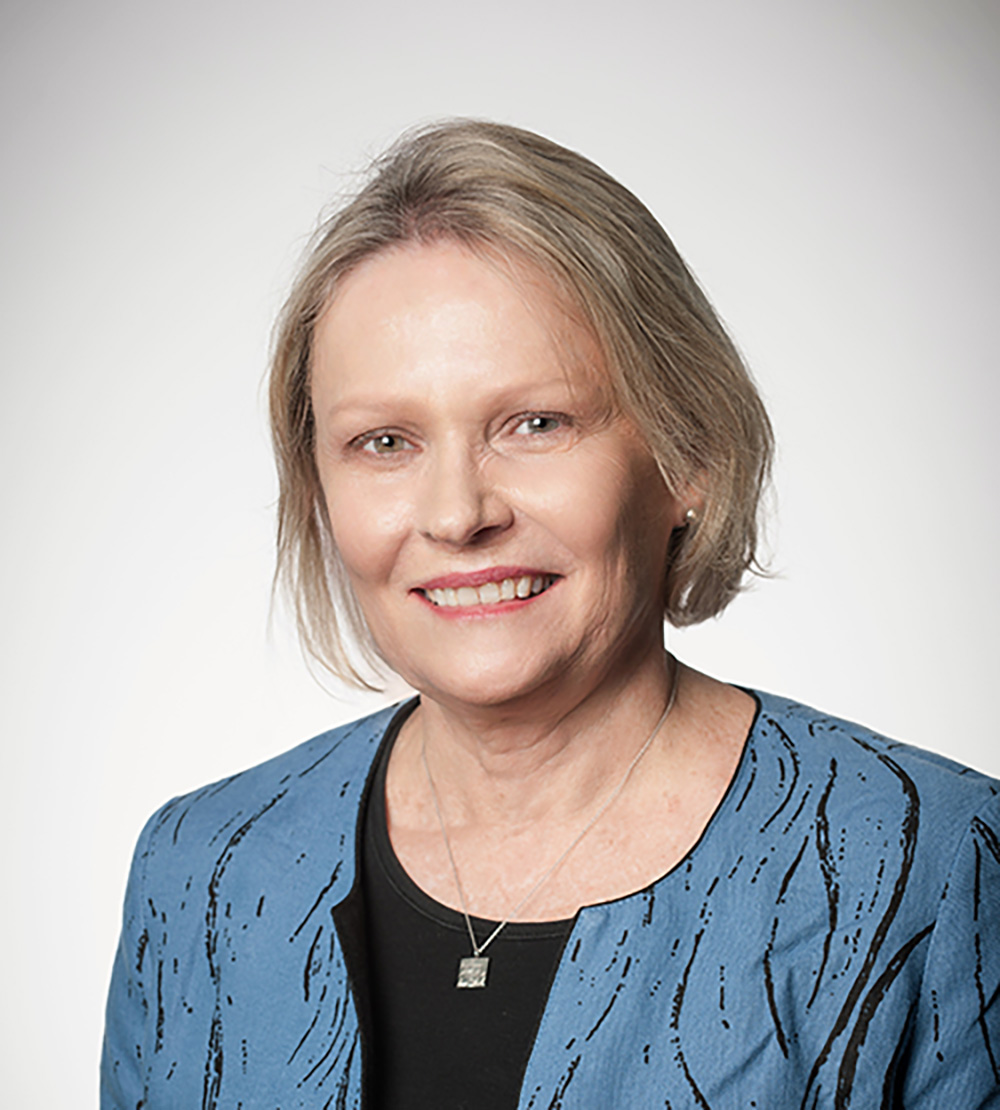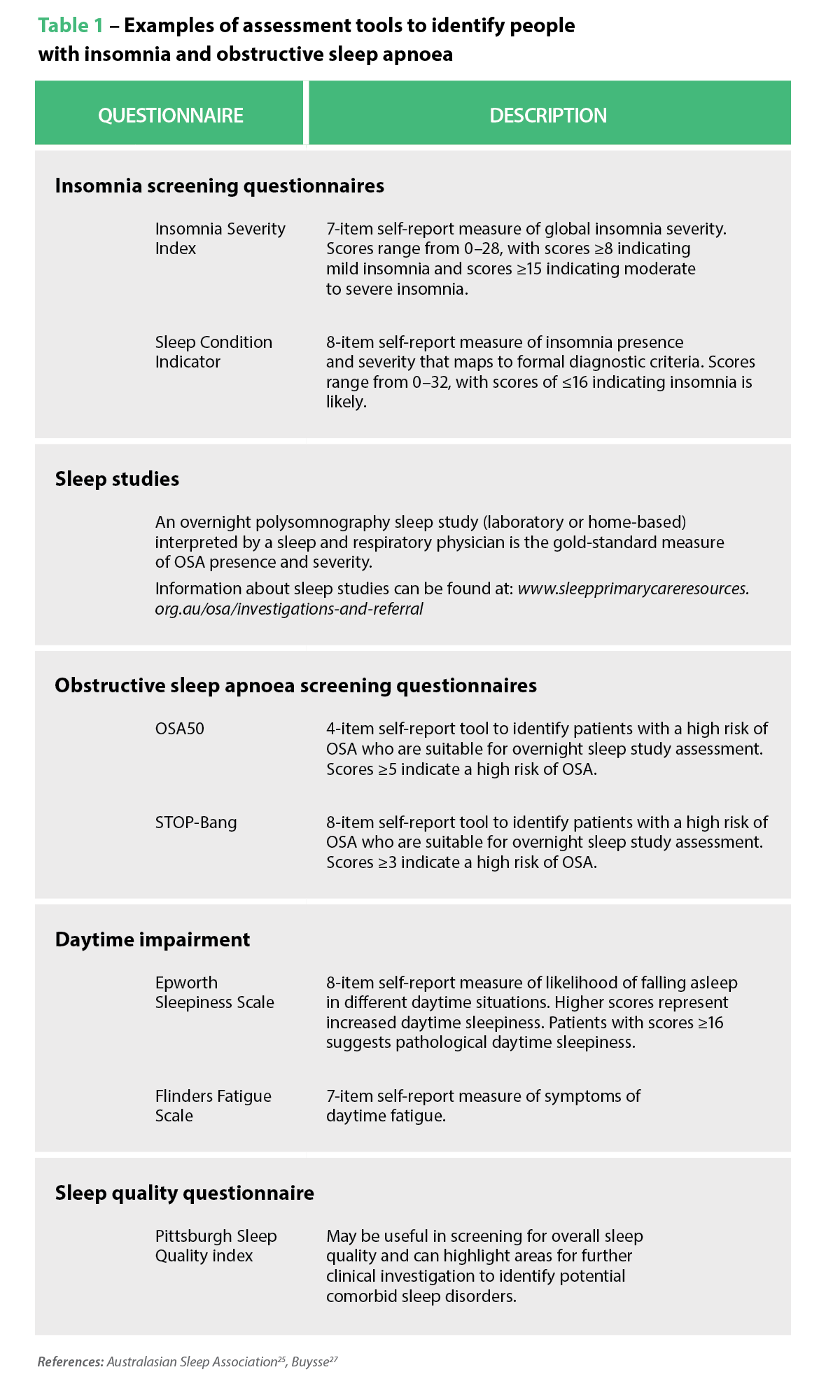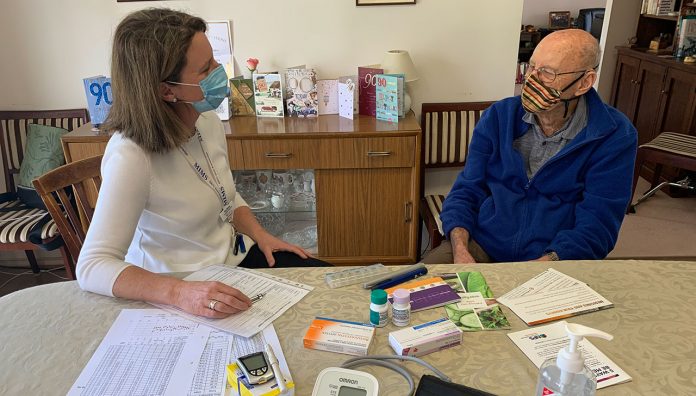After last month’s announcement that the Australian Association of Consultant Pharmacy (AACP) will close at the end of 2022, Australian Pharmacist examines why PSA has been and always will be the home of accreditation.
Medication-related harm and potentially inappropriate polypharmacy are all too common. As medicines experts, pharmacists have the power to make a difference by undergoing accreditation to provide medication reviews.
As joint owner of AACP, PSA has been involved in the accreditation process from day one, said Debbie Rigby FPS, who was among the first Australian pharmacists to become accredited in 1997.
Accredited pharmacists are an important cohort within PSA’s membership, agreed Grant Kardachi FPS, who served as PSA President from 2011–2015 and has been a Director on the AACP Board since 2005.
‘As the custodians of the professional practice standards, PSA has always seen it as its role to advocate for accredited pharmacists and their expanded roles in the vital area of medication review,’ he said.
This includes advocating for the evolution of Home Medicines Reviews (HMRs), Residential Medication Management Reviews (RMMRs) and Quality use of Medicines (QUM) services over the last 25 years.
‘The PSA commissioned the writing of the guidelines for HMRs and RMMRs to experienced practitioners and key opinion leaders,’ said Ms Rigby, who is also Chair of the newly formed PSA Accreditation Expert Advisory Group.
‘These guidelines have defined the process of conducting comprehensive medication reviews and shaped best practice.’

In March 2009, when the AACP HMR Mentoring Program was developed as part of the 4th Community Pharmacy Agreement, Ms Rigby was involved in the process of mentoring pharmacists to improve the quality of Medication Management Reviews.
‘Accredited pharmacists often practise in isolation, so having peer support was greatly valued,’ she said.
‘That’s why I’m pleased to hear PSA will proactively set up support networks for accredited pharmacists and those undergoing accreditation in the near future.’
Advocating for increased caps and expanded roles
Back in February 2014, when a cap was introduced on the number of HMRs accredited pharmacists could provide, PSA fought hard against the restrictions.
The PSA CEO Mark Kinsela said it was almost solely based on PSA’s advocacy over 5-years that the cap was increased from 20 to 30 in March 2020.
‘The CPA has a capped budget, but we’ve also highlighted that consideration should be given to funding medication reviews out of the Medicare Benefits Schedule [MBS] as per the recommendations from the MBS Review Taskforce in 2020,’ Mr Kinsela said.
Meanwhile, PSA was an early supporter of the ‘Goodwin Trial’ in 2018, when the first AACP accredited pharmacist was embedded in Canberra’s Goodwin Aged Care facility, and ‘advocated heavily’ for an expanded trial in 2020.
‘The impact of that [trial] was extraordinary in terms of decreasing medication-related and administration errors, and improving knowledge of aged care staff around medication management,’ the PSA CEO said.
‘The program laid the foundation for PSA Primary Health Network (PHN) trials such as the Pharmacists in Aged Care project conducted in South Australia.’
A big year for accredited pharmacists
In 2020, the first year of the COVID-19 pandemic, a raft of changes was introduced to improve medication reviews.
Funding for the Quality Use of Medicine (QUM) Program doubled in January, following continuous calls from PSA for the investment to be increased.
‘For a 100-bed facility, the QUM payment used to be about $3,000 per year, which is about $750 a quarter.’
While the doubling was a start, PSA has continued to advocate for a further increase.
A few months later, in April 2020, the ability to provide two pharmacist-initiated follow-up services for HMRs and RMMRs came into effect.
PSA was the lead organisation in creating a ‘cycle of care’ for medication reviews, adding a new layer of accountability to medication review programs, said Mr Kinsela.
When referral pathways for HMRs and RMMRs expanded that same month, allowing other medical practitioners aside from GPs to refer patients for medication reviews, PSA was on hand to support accredited pharmacists.
‘The PSA is the custodian of the reformatted guidelines for how this could be conducted and we provided leadership around the implementation of [the expansion],’ he said.
It was also a key advocate around the telehealth option for HMRs, and provided additional information to accredited pharmacists around how to conduct the service digitally, including through the guidance document Telehealth medication review: use of digital resources.
‘These were the first clinical services that could be remunerated by telehealth for pharmacists,’ added Mr Kinsela.
When $345.7 million in funding for the on-site aged care pharmacist program was announced in March 2022, PSA Tasmania State Manager Ella Van Tienen MPS said the government had answered PSA’s calls for funding.
‘[After] the release of the first Medicine Safety: Take Care report in 2019, PSA has been calling for funding to embed pharmacists in aged care. We recommended $400 million be allocated and the government delivered,’ she said.
‘The report identified 98% of residents in aged care facilities have at least one medicine-related problem.’
A member’s perspective
Before COVID-19 hit, GP pharmacist and PSA Early Career Pharmacist of the Year for 2022 Deborah Hawthorne MPS didn’t fully understand how much PSA supported the profession.
After letting her membership lapse pre-pandemic, Ms Hawthorne was quick to renew it after seeing the value of PSA’s work in providing up-to-date information relating to her role as an accredited and GP pharmacist.
‘The PSA not only advocated for follow-ups, hospital-initiated medication reviews and medication reviews [via] telehealth, it also provided education sessions and guides on how to apply these changes,’ she said.

‘These initiatives allow pharmacists to be better integrated into the patient “cycle of care” more consistently and at points with potential for high medication errors such as in transitions of care.’
The PSA’s guidelines are also handy referral documents, particularly 2020’s Guideline for comprehensive medication reviews.
‘I refer to this guideline consistently for my own practice and as a reference point for other pharmacists and GP referrers in my education and advocacy work for medication reviews,’ Ms Hawthorne said.
‘It’s also a great tool to use for self-reflection and self-assessment as well as continually driving me to create the best possible medication reviews with my patients and their care teams.’
Future focus
As the ‘new home for accreditation’, PSA will continue to advocate for fair remuneration for accredited pharmacists, who should be able to derive a full-time salary from medication reviews.
Along with removing caps on HMRs and RMMRs and establishing a career pathway for accredited pharmacists, a PSA spokesperson said remuneration for medication reviews should ‘increase as your skills and experience increase’.
‘The PSA wants to make sure that training and ongoing education is fit for purpose in terms of career progression,’ the spokesperson said.
In the Pharmacists in 2023 report, PSA coined the phrase ‘Embed pharmacists wherever medicines are used’. This includes in general practice, Aboriginal Community Controlled Health Organisations (ACCHOs) and disability care, where PSA will continue to advocate for expanded roles for pharmacists.
The PSA has also long provided support for emerging roles for accredited pharmacists in general practice, including through partnerships with PHNs in South Australia, Western Australia, Victoria and Queensland, Ms Rigby said.
‘Add-on training packages available through PSA for pharmacists in general practice and RACFs complement the accreditation process to conduct comprehensive medication reviews,’ she said.
The PSA also recently launched the Deadly pharmacist foundation training program, co-designed with the National Aboriginal Community Controlled Health Organisation (NACCHO), to equip pharmacists with the skills to work in embedded roles within the ACCHO sector.
The Medicine safety: disability care report also adds weight to PSA’s argument that pharmacists should be embedded in disability care facilities.
‘Some statistics in the report [indicate that] patients can be on sedating medicines for 5 years, which they shouldn’t be taking long-term without review,’ said Ms Van Tienen.
Another key area for PSA as a lead accreditation body is to ensure pharmacists can prescribe, administer and review medicines – regardless of location.
The PSA is already a leader in this space, said Ms Van Tienen, through involvement in the compilation of the Pharmacy Council Standards for Pharmacists Prescribing, helping pharmacists understand electronic National Residential Medication Chart (eNRMC) regulations through education, or advocating for partnered-pharmacist charting in hospitals.
The PSA is also ensuring pharmacists have clear guidance in relation to their requirements in the challenging, transforming world of digital health.
The Digital health guidelines for pharmacists were produced by PSA to outline the professional obligations of pharmacists when interacting with digital health systems in performing their professional clinical roles, including accredited pharmacist, non-dispensing roles.
‘More broadly, we’re advocating for pharmacist prescribing trials on a larger scale, whether through the UTI pilot or [collaborative pharmacist prescribing] in rural areas where there’s GP access issues,’ said Ms Van Tienen.
Lastly, PSA recently committed to continuing with an accredited consultant pharmacists conference by hosting a conference in Adelaide next year.
‘[The conference] has built a strong reputation as the premier clinical conference for accredited pharmacists, providing relevant education and skills development in a fabulous collegiate spirit,’ Ms Rigby said.
‘I am thrilled that the legacy of the annual conference continues.’



 Negar Almassi MPS[/caption]
Negar Almassi MPS[/caption]
 Dr Brian Chia MPS[/caption]
Dr Brian Chia MPS[/caption]

 COPD is significantly underdiagnosed
COPD is significantly underdiagnosed Associate Professor Debbie Rigby FPS[/caption]
Associate Professor Debbie Rigby FPS[/caption]
 Nicolette Ellis MPS[/caption]
Nicolette Ellis MPS[/caption]

 A national education program for pharmacists funded by the Australian Government under the Quality Use of Diagnostics, Therapeutics and Pathology program.[/caption]
A national education program for pharmacists funded by the Australian Government under the Quality Use of Diagnostics, Therapeutics and Pathology program.[/caption]
 Both these disorders can occur separately, but if they co-occur, this is termed COMISA. Approximately 30–50% of people with OSA have comorbid insomnia, and 30–40% of people with chronic insomnia have comorbid OSA.9,12 A recent population-based study reported that 11% of Australian adults report symptoms of COMISA.13
Both these disorders can occur separately, but if they co-occur, this is termed COMISA. Approximately 30–50% of people with OSA have comorbid insomnia, and 30–40% of people with chronic insomnia have comorbid OSA.9,12 A recent population-based study reported that 11% of Australian adults report symptoms of COMISA.13 The ‘gold standard’ measure of OSA presence and severity is an overnight sleep study (Table 1).25 The most common single metric to determine OSA presence and severity is the apnoea-hypopnoea index (AHI), representing the average number of airway narrowing and closure events occurring per hour of sleep.24 Identifying the most appropriate management approaches for OSA also requires consideration of lifestyle factors, symptoms and consequences, occupation, chronic conditions, and other sleep conditions. Self-report questionnaires may be used to screen for a high-risk of OSA and identify patients suitable for referral and consideration of overnight sleep study assessment (Table 1).24
The ‘gold standard’ measure of OSA presence and severity is an overnight sleep study (Table 1).25 The most common single metric to determine OSA presence and severity is the apnoea-hypopnoea index (AHI), representing the average number of airway narrowing and closure events occurring per hour of sleep.24 Identifying the most appropriate management approaches for OSA also requires consideration of lifestyle factors, symptoms and consequences, occupation, chronic conditions, and other sleep conditions. Self-report questionnaires may be used to screen for a high-risk of OSA and identify patients suitable for referral and consideration of overnight sleep study assessment (Table 1).24 Although evidence-based guidelines unanimously recommend avoiding long-term use of hypnotics, they are indicated for a minority of patients that present with severe acute insomnia that is causing significant psychological distress or functional impairment.29 Most people who experience short-term insomnia symptoms (1–2 weeks) can be reassured that sleep will return to ‘normal’ after the underlying precipitant has subsided, without targeted treatment (i.e. hypnotic medicines).29,33 For those who experience persistent insomnia, cognitive behavioural therapy for insomnia (CBTi) is the first-line treatment. Pharmacotherapy may be considered in patients with severe insomnia that is causing significant impairment or distress (e.g. times of acute work/exam stress, bereavement).34
Although evidence-based guidelines unanimously recommend avoiding long-term use of hypnotics, they are indicated for a minority of patients that present with severe acute insomnia that is causing significant psychological distress or functional impairment.29 Most people who experience short-term insomnia symptoms (1–2 weeks) can be reassured that sleep will return to ‘normal’ after the underlying precipitant has subsided, without targeted treatment (i.e. hypnotic medicines).29,33 For those who experience persistent insomnia, cognitive behavioural therapy for insomnia (CBTi) is the first-line treatment. Pharmacotherapy may be considered in patients with severe insomnia that is causing significant impairment or distress (e.g. times of acute work/exam stress, bereavement).34 Tailored recommendations for non-CPAP therapies may also be provided to patients with different levels of OSA severity and presenting features.17 For example, weight management advice where indicated, positional devices (in the presence of supine-predominant OSA), mandibular advancement splints (in patients with mild-to-moderate OSA), and upper airway surgery are effective treatments that may be tailored to each individual patient.24
Tailored recommendations for non-CPAP therapies may also be provided to patients with different levels of OSA severity and presenting features.17 For example, weight management advice where indicated, positional devices (in the presence of supine-predominant OSA), mandibular advancement splints (in patients with mild-to-moderate OSA), and upper airway surgery are effective treatments that may be tailored to each individual patient.24 Dr Alexander Sweetman (he/him) PhD
Senior Program Manager, and chair of the psychologist education subcommittee at the Australasian Sleep Association.
Dr Alexander Sweetman (he/him) PhD
Senior Program Manager, and chair of the psychologist education subcommittee at the Australasian Sleep Association.
 Associate Professor Sutapa Mukherjee (she/her) MBBS, FRACP, PhD
Respiratory and sleep physician, Associate Professor of Respiratory and Sleep Medicine at Flinders University and past President of the Australasian Sleep Association.
Associate Professor Sutapa Mukherjee (she/her) MBBS, FRACP, PhD
Respiratory and sleep physician, Associate Professor of Respiratory and Sleep Medicine at Flinders University and past President of the Australasian Sleep Association.
 Professor Garun Hamilton (he/him) MBBS, FRACP, PhD
Respiratory and sleep physician, clinical professor at Monash Health and Monash University and President of the Australasian Sleep Association.
Professor Garun Hamilton (he/him) MBBS, FRACP, PhD
Respiratory and sleep physician, clinical professor at Monash Health and Monash University and President of the Australasian Sleep Association.

 Professor John Turnidge AO[/caption]
Professor John Turnidge AO[/caption]







